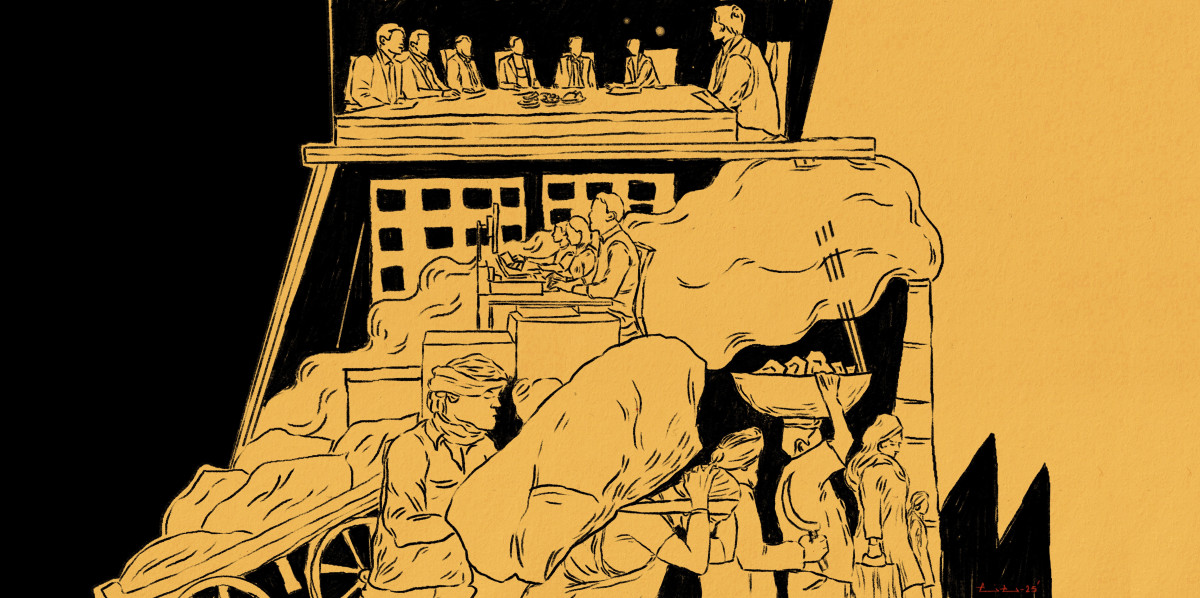New Delhi, November 6, 2025 — A groundbreaking report commissioned by the South African Presidency of the G20 has revealed that the top 1% of Indians have increased their wealth by 62% between 2000 and 2023, highlighting a growing concentration of wealth and calling for urgent global action to address inequality.
The report, led by Nobel laureate Joseph Stiglitz and produced by the 2025 G20 Extraordinary Committee of Independent Experts on Global Inequality, finds that the world’s richest 1% have captured 41% of all new wealth created globally since 2000, while the poorest half of the population gained only 1%. It further notes that the wealth share of the top 1% has increased in over half of all countries, representing 74% of the world’s population.
“Extreme inequality is a choice. It is not inevitable and can be reversed with political will,” the report states. “This can be greatly facilitated by global coordination, and in this regard, the G20 has a critical role.”
The committee, which includes leading experts Jayati Ghosh, Adriana Abdenur, Winnie Byanyima, Imraan Valodia, and Wanga Zembe-Mkabile, warns that global inequality has reached “emergency levels,” posing threats to democracy, economic stability, and climate progress. It found that countries with higher inequality are seven times more likely to experience democratic decline than those with more equitable distributions of wealth.
The report also highlights alarming statistics related to global poverty and social insecurity. Since 2020, progress on poverty reduction has stagnated or reversed in several regions. Over 2.3 billion people face moderate to severe food insecurity, an increase of 335 million since 2019, while half of the global population still lacks access to essential health services. Around 1.3 billion people are impoverished each year due to out-of-pocket medical expenses.
In the Indian context, the study acknowledges that while inter-country inequality has slightly declined with the economic growth of large developing nations like India and China, domestic inequality within countries has deepened. It warns that the erosion of the middle class and insecure incomes could have far-reaching economic and political consequences.
To address these challenges, the report proposes the creation of an International Panel on Inequality (IPI), modeled after the Intergovernmental Panel on Climate Change (IPCC). The proposed panel would provide governments with authoritative data, analysis, and policy guidance on reducing inequality worldwide.
“The idea of the Panel is inspired by the success of the IPCC,” the report explains. “Like climate change, unrestrained and growing inequalities also represent a major threat to the global community. It is imperative that we have better knowledge about its evolution and how proposed policy changes might alleviate it—or make it worse.”
The International Panel on Inequality is expected to be launched during South Africa’s current G20 presidency and will serve as a global mechanism for coordinated research and policy recommendations to ensure more equitable economic outcomes.
Professor Stiglitz, presenting the report’s findings, said that the crisis of inequality demands the same urgency as the fight against climate change. “The growing gap between the rich and the rest is not only morally unacceptable but economically and politically unsustainable,” he said. “The fight against inequality is not just about fairness; it’s about preserving democracy, stability, and progress.”
The report concludes by urging world leaders to take immediate, coordinated action to rebalance the global economy, strengthen social protections, and adopt fairer taxation policies to ensure that prosperity is shared more equally across societies.

